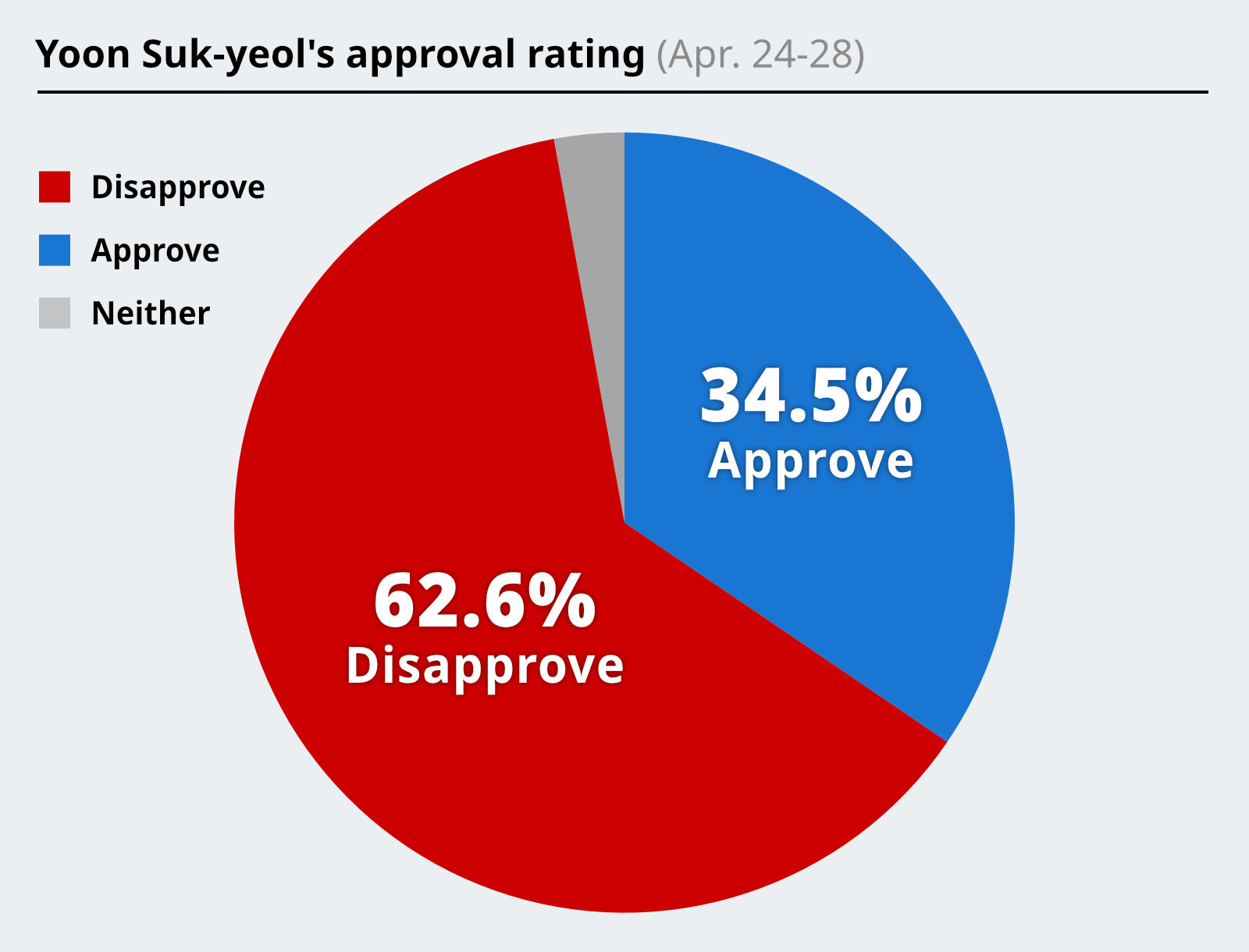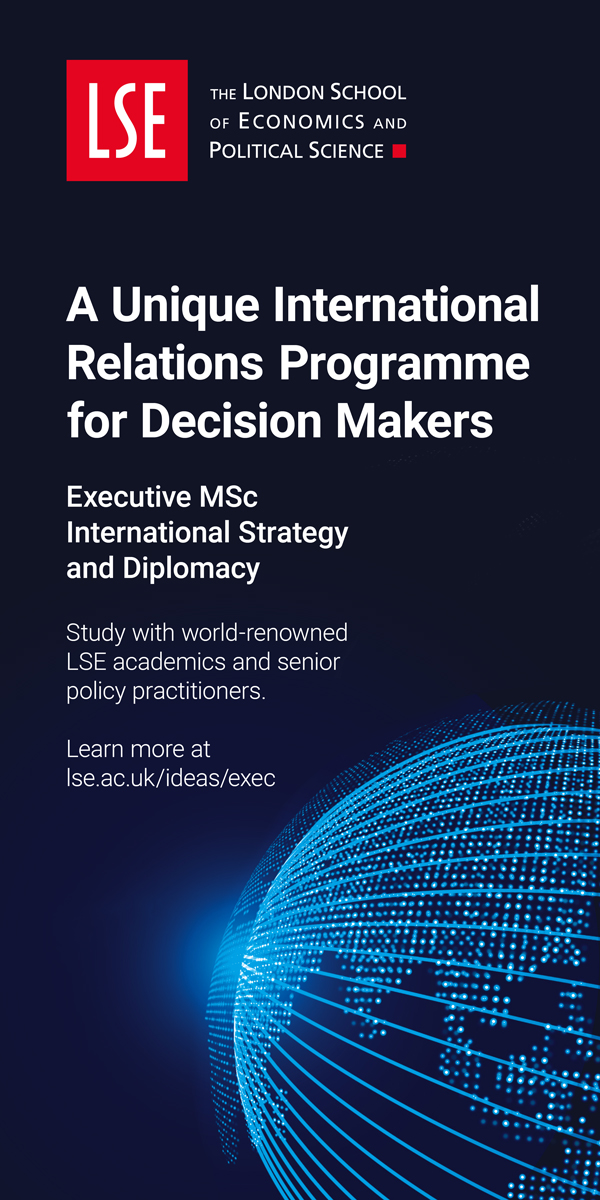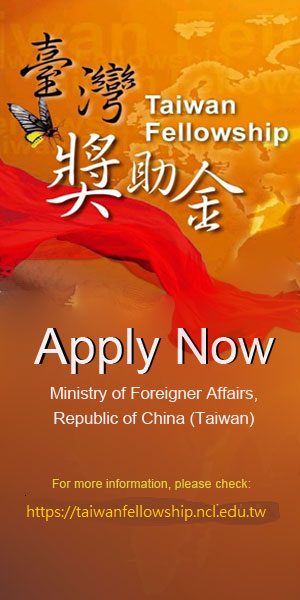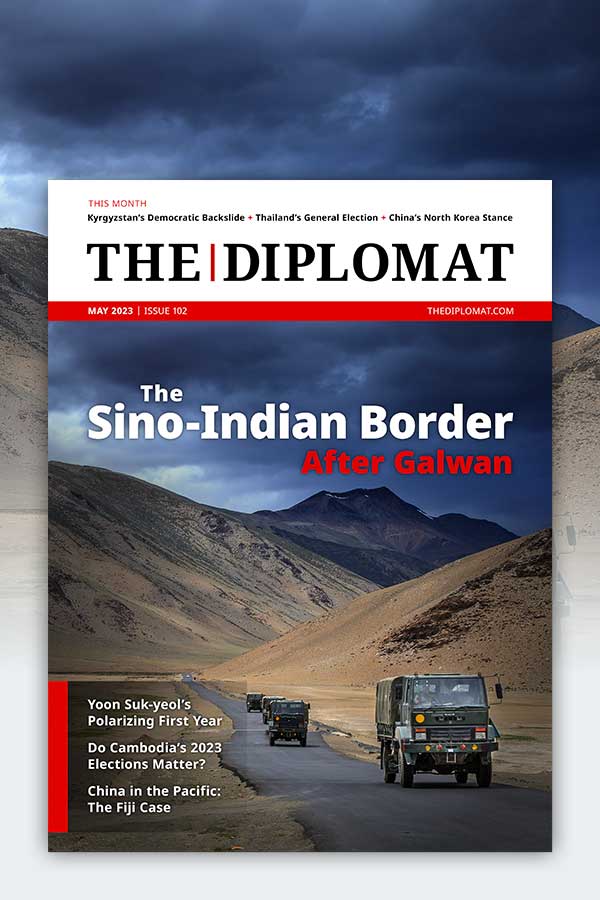| Welcome to the latest issue of Diplomat Brief. This week our top story examines Chinese state media’s presence – and reception – in Russia. We also have an interview with Medha Bisht, an associate professor at the South Asian University in New Delhi, on the complexities of the China-Bhutan territorial dispute. |
| Story of the week | ![[object Object]](https://thediplomat.com/diplomat-brief/2023/vol18/images/feature.jpg) | Diplomacy How Does China Engage With Russia’s Media Market?What Happened: Under Chinese President Xi Jinping, Chinese state media outlets have made a concerted effort to expand their visibility overseas, in an attempt to “tell China’s story well.” Xi and other Chinese officials have made no secret of the fact that the international media campaign is meant to revamp China’s image amid increasingly negative stories from dominant U.S. and European media outlets. Chinese state media have found a particularly warm reception across the border in Russia – at least officially. The Russian public has not been so easy to win over. Our Focus: Chinese media’s presence in Russia is easy to see, Elena Soboleva, an associate professor at the Institute of Asian and African Studies, HSE University in St. Petersburg, explains in an article for The Diplomat. Chinese media outlets like Xinhua, People’s Daily, and CGTN have formal partnerships with Russian state media, leading to seeded content like the TV program “Xi Jinping’s Favorite Classical Quotes” aired on Russia 24. However, Soboleva writes, these efforts seem half-hearted. Much of the output is “traditional and rather dull propaganda, whose influence and social impact is very limited.” Despite warm ties at the official level, most Russians “still have a very limited knowledge about China,” and the “crude style” of Chinese propaganda in Russia is not going to win many converts. What Comes Next: Coordination between Chinese and Russian media outlets is an important subset of their overall “no limits” partnership. Both Beijing and Moscow are reinforcing each other’s narratives about U.S. “double standards” and “hegemony” – and have clear interests in promoting positive narratives about each other. As Soboleva points out, “China already gets favorable enough media coverage in Russia, so it does not have to spend valuable resources to construct and popularize alternative narratives… It is in the interest of the Russian state to avoid criticism and sensitive topics and to represent China in a positive light.” Read this story |
| Behind the News | INTERVIEW Medha BishtMedha Bisht, an associate professor at the South Asian University in New Delhi, on the complexities of the China-Bhutan territorial dispute: “Conversations around ‘ceding territory’ belittle the finer aspects associated with small-state diplomacy. The manner in which Bhutan has negotiated its space for maintaining cultural, political, and territorial sovereignty gets obliterated through such discourses.” Read the interview |
| This Week in Asia | Northeast Asia Japan’s Kishida to Visit South KoreaJapan’s Prime Minister Kishida Fumio will visit South Korea on May 7-8, making him the first Japanese leader to do so since 2018. With the visit, Kishida said he aims to lock in positive momentum in Japan-South Korea relations ahead of the G-7 summit in Hiroshima, which South Korea’s President Yoon Suk-yeol will attend as a special guest. Find out more | South Asia India Hosts SCO Foreign MinistersOn May 4-5, India will host the Shanghai Cooperation Organization (SCO) Foreign Ministers’ Meeting in Goa. The multilateral meeting will impact several of India’s bilateral relationship as well. China’s Foreign Minister Qin Gang will be in attendance, as will Pakistan’s Foreign Minister Bilawal Bhutto Zardari, the first high-ranking Pakistani official to visit India since 2014. Find out more | Southeast Asia Philippine President Embarks on State Visit to U.S.This week, Philippine President Ferdinand Marcos Jr. is undertaking his first official visit to the United States against a backdrop of growing tensions in the South China Sea. The four-day visit caps off a remarkable advancement in Philippine-U.S. relations under Marcos: The two sides expanded the U.S. military’s access to Philippine military bases and held the largest-ever iteration of the Balikatan military exercises. The common denominator for Washington and Manila is China – particularly, Beijing’s continued assertiveness in disputed parts of the South China Sea. In talks with Marcos on Monday, President Joe Biden reiterated the U.S. commitment to the Philippines’ security, suggesting that the coming year will bring further positive developments in bilateral relations. Find out more | Central Asia Possible War Crimes Committed in Kyrgyz-Tajik Border ConflictHuman Rights Watch details possible war crimes committed by both Kyrgyz and Tajik forces during last September’s four-day conflict along their disputed border in a report released this week. The report is the most comprehensive analysis of the conflict to date, and Human Right Watch urges both countries to thoroughly investigate allegations that their forces targeted civilians. Find out more |
| Visualizing APAC |  | South Korean President Yoon Suk-yeol’s approval rating was at 34.5% last week, and it has been stuck in the 30-percent-range most of his presidency. See the full picture |
| Word of the Week | Society DukunBahasa Indonesian for “shaman,” someone who claims to have supernatural powers or offers or provides supernatural services to other people. Find out more |
| Webinar Alert | The Diplomat Asks Taiwan’s Future in Latin AmericaIn March, Taiwan lost one of its diplomatic allies in Latin America when Honduras established ties with China. That leaves Taipei with just 13 formal diplomatic partners, 7 of which are in Latin America and the Caribbean. As China’s role in Latin America continues to grow, what are the prospects for Taiwan's continued relationships in the region? What calculations are factoring into its remaining allies' decision-making, and what can Taiwan do to bolster its position? Join us on May 10 at 9 a.m. U.S. Eastern time for a live webinar on Taiwan’s future in Latin America, a crucial region for its international diplomacy. Featuring Patricio Giusto, the executive director of the Observatory of China-Argentina Relations and a Ph.D. candidate in International Studies at Di Tella University, Argentina, Julieta Heduvan, a Paraguayan foreign policy analyst and the national coordinator of the Latin American Association of Asian and African Studies (ALADAA Paraguay). Brian Hioe, one of the founding editors of New Bloom, an online magazine covering politics and youth culture in Taiwan, as well as a freelance journalist and regular columnist for The Diplomat. Sign up for the webinar |
|  |




![[object Object]](https://thediplomat.com/diplomat-brief/2023/vol18/images/feature.jpg)

